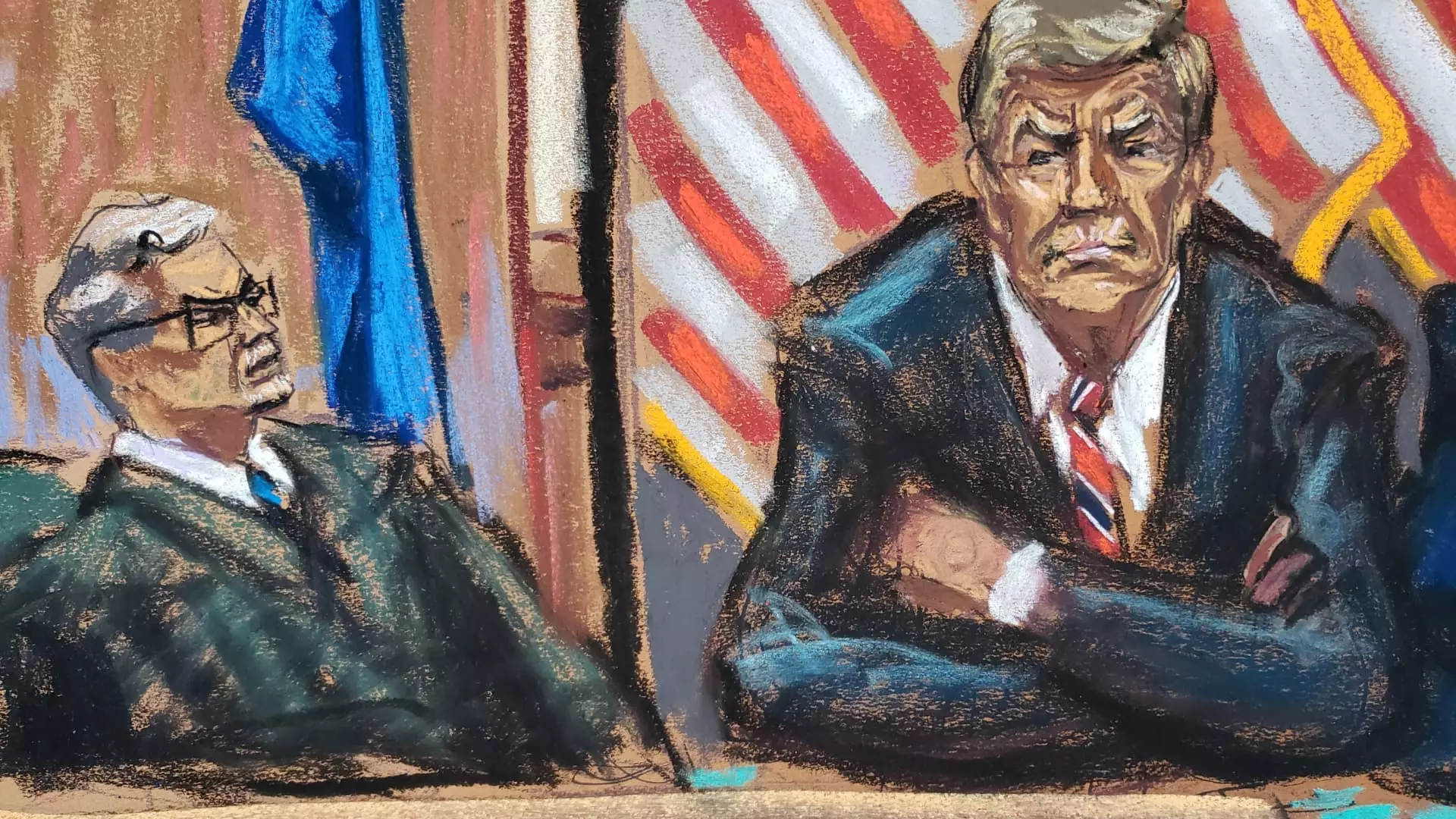Recently, a New York judge postponed a significant ruling regarding President-elect Donald Trump’s criminal case, stemming from allegations surrounding hush money payments made during the 2016 presidential campaign. This delay reflects not only legal complexities but also the intertwining of politics and the judicial process. Judge Juan Merchan’s decision to hold off his ruling until November 19 signals a period of uncertainty that has implications for Trump as he steps into presidential duties amid ongoing legal battles.
The heart of this controversy lies in accusations that Trump’s former attorney, Michael Cohen, made a hush money payment to adult film actress Stormy Daniels. This payment was allegedly intended to silence potential revelations that could impact the 2016 election outcome. Trump faces 34 counts related to falsifying business records connected to this payment. The stakes are high, not just legally but politically, as Trump’s lawyers argue for the case’s dismissal following a ruling from the U.S. Supreme Court that suggests former presidents may have a level of immunity for official acts performed while in office. This claim raises questions about the extent to which a sitting or newly elected president can face criminal consequences and how the judicial system processes such matters during notably political moments.
The implications of Judge Merchan’s delay are profound, with Trump’s defense leveraging the recent electoral victory to seek a pause in proceedings. Their request reflects a strategic maneuver to reassess the legal landscape in light of Trump’s electoral success against Vice President Kamala Harris. The Manhattan District Attorney’s office, understanding the unusual nature of these circumstances, agreed to the delay, highlighting an essential interplay between legal actions and the new political reality.
This situation underscores the critical nature of the judiciary’s role in navigating politically charged cases, especially when a former president is concerned. The prosecutor, Matthew Colangelo, elaborated on the need to balance the jury’s verdict with the implications of Trump’s current political position, thus emphasizing the new dimensions that elections bring to ongoing legal issues.
As the case moves forward, several pressing questions arise. How will the legal system address cases involving high-profile political figures? Can the perceived immunity of a sitting president truly shield them from accountability for actions taken in a personal or political context? Additionally, how will the electorate perceive ongoing legal troubles amidst governance? These dilemmas are what legal experts and political analysts alike will be keeping an eye on in the following weeks.
Ultimately, the postponed ruling is more than a momentary delay in courtroom proceedings; it is a reflection of the intricate dance between law and politics. As Trump prepares to possibly govern while maneuvering through legal challenges, the outcome of this case may set significant precedents for future interactions between the office of the president and criminal accountability.


Leave a Reply